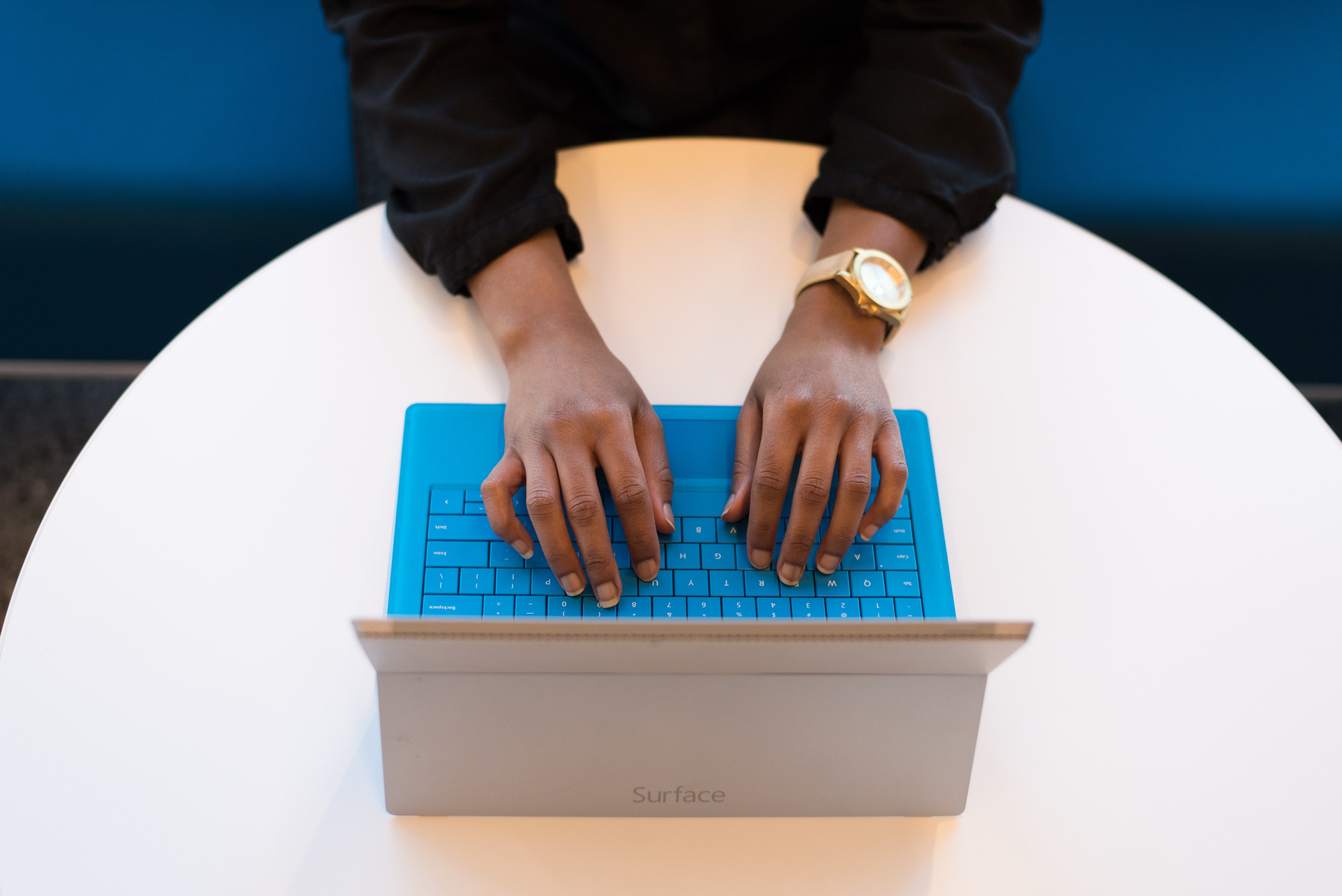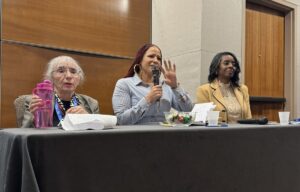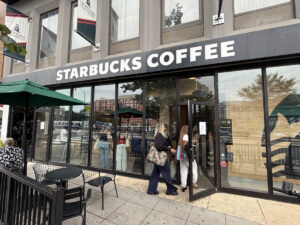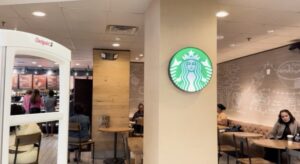Aquil Starks, Howard University News Service
The year 2020, was one that plagued Black communities with dread of the Covid-19 pandemic and continued instances of racial inequality.
Tyemeka King, owner of Tyemeka’s Soul Food Restaurant located in Germantown, Philadelphia, said that she had a first-hand experience of this last year.
“Most of the restaurants near me have shut down,” she said.
King’s restaurant began eight years ago as a food truck, and since then has expanded into a restaurant. It is run by King and her husband. Before the pandemic, King said her business was, especially the year before the pandemic began.
The pandemic, however impacted them and they way they have to conduct business. The restaurant which relied mostly on dining-in, has had to rely on takeout orders.
“I’m struggling to keep it together,” King said.
King loves her business, though it’s become a challenge every day to manage it. CNBC reports, that “forty-one percent of Black-owned businesses have shuttered since February, compared to 17 percent of White-owned businesses.”
“It was hard, our income dropped more than half,” King said.
King only applied for one loan which was the Small Business Administration (SBA), which has helped keep them running. However, King and her husband must pay the loan back, while keeping their business afloat.
King closes early now due to the exhaustion she faces daily from running her business. “We close at six now, it use to be nine, but I’m just so tired,” she said.
“I hope we can get back business and get people back to dining like we use to,” she continued.
According to Reuters, “Minority-owned businesses were less likely to borrow from banks, with only 23 percent of black-owned businesses having turned to a bank for a loan in the last five years, compared to 46 percent of white-owned businesses, the survey showed.”
Think about the equipment that goes into running a business, the utilities, and additional bills that need to be paid. This is a reality for Black families like King.
“Only 12 percent of black and Latino-owned businesses that sought assistance from the federal government received the amount they requested, and 41 percent were denied, according to a survey by UnidosUS and Color of Change (here),” Reuters continued.
The restaurant which is a mom-and-pop shop has been a Philadelphia favorite, for so many for so long. “We have many people come from multiple backgrounds, Blacks, whites, everyone loves our food.”
Despite the long haul of challenges Black business owners like King face, there’s been community support. Recently, Black Restaurant Week, a showcase exhibiting the best culinary artists in various cities, has helped Black business owners. Philadelphia was added to one of the cities to join Atlanta, New York, Houston, and Los Angeles. It took place last year during Oct. 16 through the 25 and again Nov. 13 through the 22.
“I can’t wait until this is over, and business is normal again,” King said.











